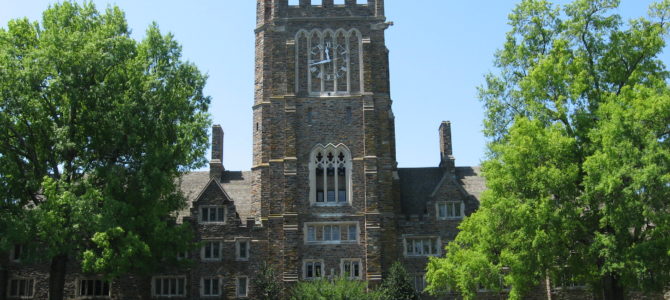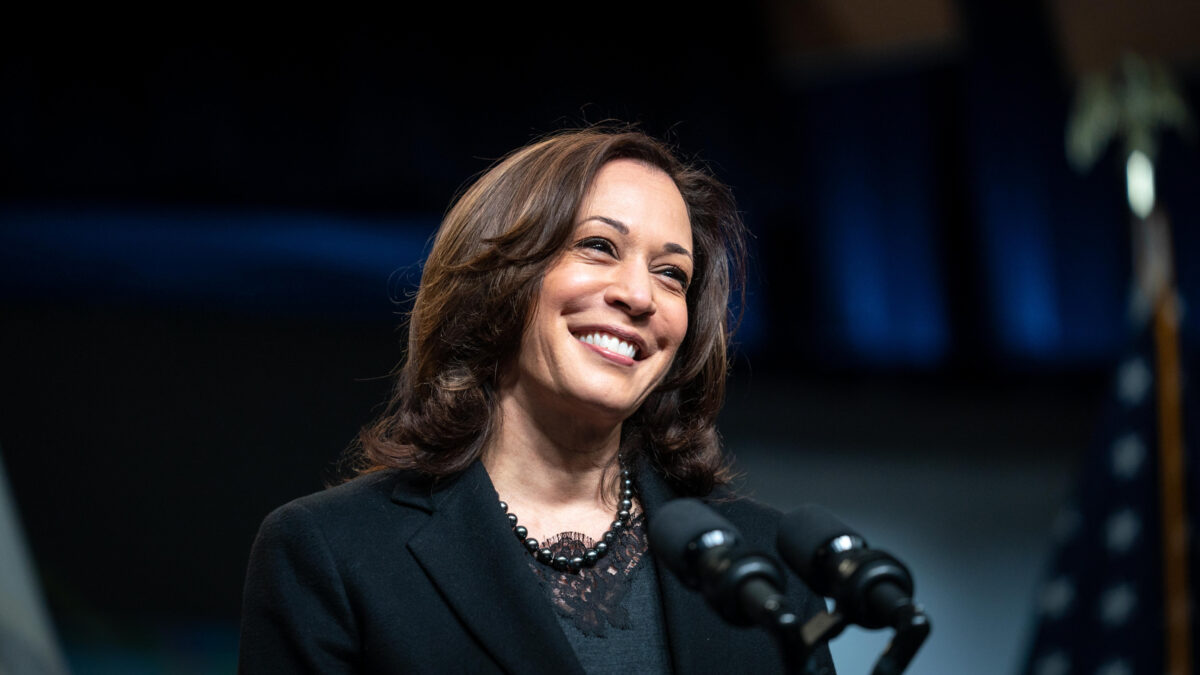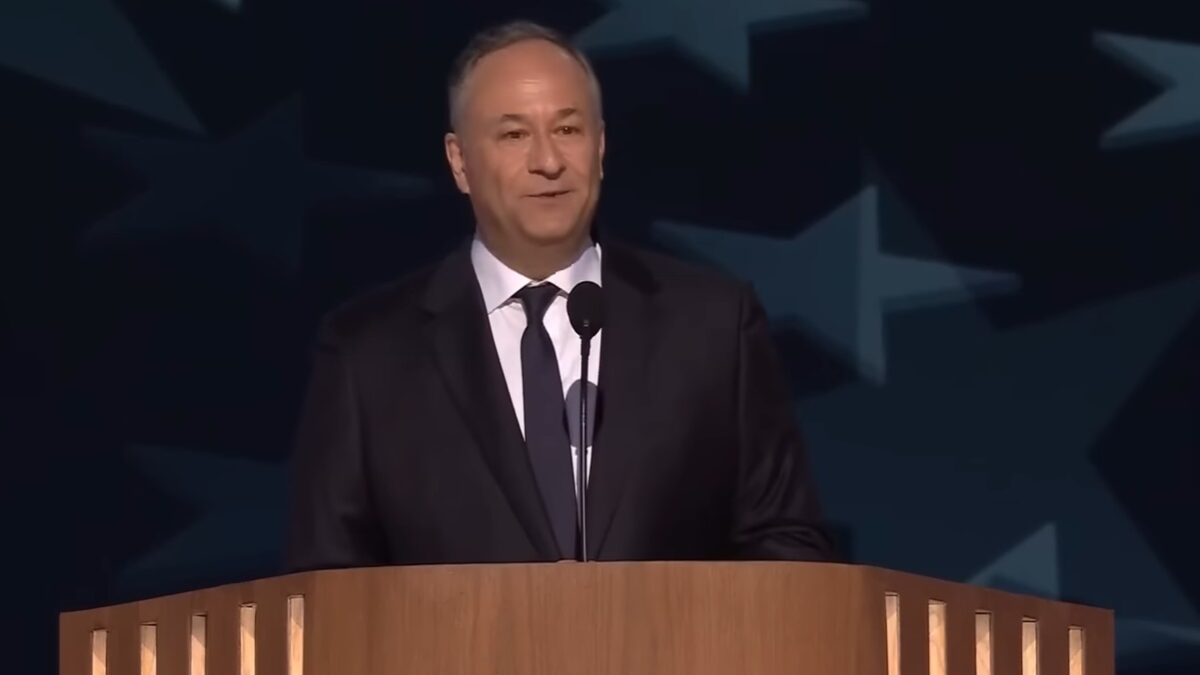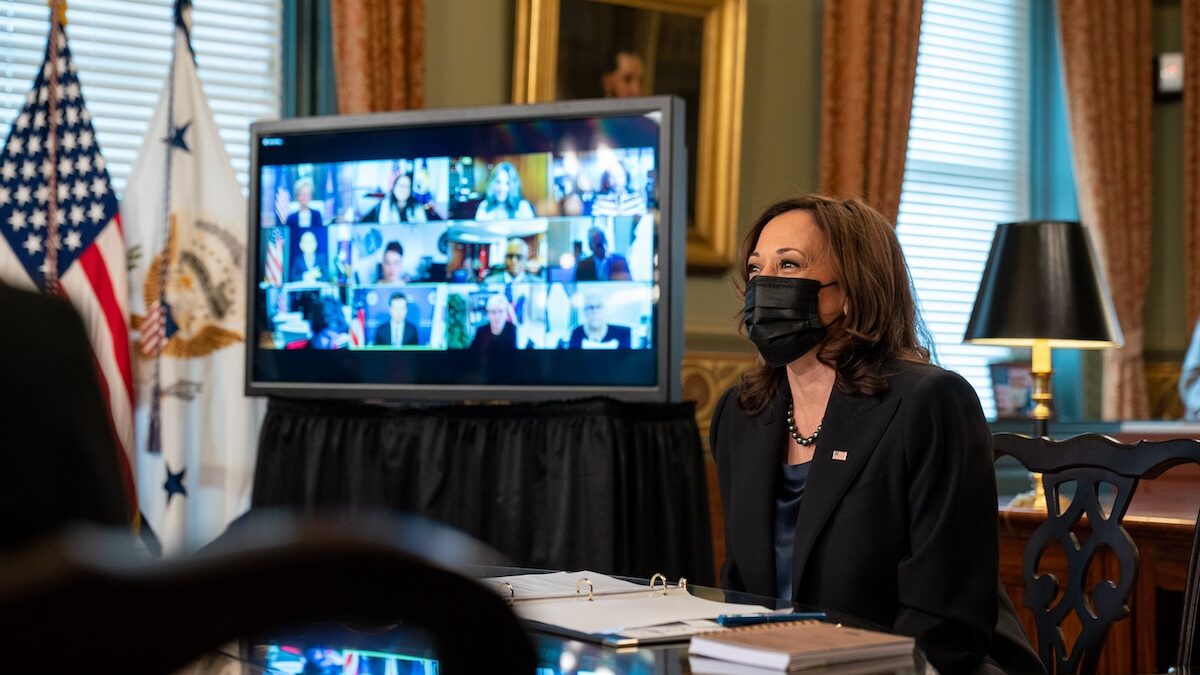A pair of Duke University professors are calling on President-elect Joe Biden to establish a bipartisan commission to address fake news.
The commission, said professors Philip Napoli and Bill Adair, who also helped launch PolitiFact, would investigate the rise of fake news and propose recommendations to a Democratic White House and Congress to cement the corporate media and big tech’s monopoly on truth.
Duke U. profs @BillAdairDuke and @pmnapoli call on Biden to establish a bipartisan commission on misinformation: https://t.co/Iu316Gt4hp
— ErikWemple (@ErikWemple) January 12, 2021
“The attack on the Capitol was rooted in misinformation,” the professors explained in an op-ed for The Hill, capitalizing on the siege to warrant the commission. “By moving swiftly to establish a commission with a broad mission and a diverse membership, President-elect Biden can seize the moment to address one of the greatest problems facing the nation.” In other words, let no crisis go to waste.
Napoli and Adair complained that corporate media’s fact-checking apparatus failed to prevent the horde of Trump supporters descending on the Capitol last week after being convinced by the president that the election being certified by Congress was stolen and fraudulent.
“The lies flourished despite an extraordinary amount of debunking by fact-checkers and Washington journalists. But that fact-checking didn’t persuade the mob that stormed the Capitol — nor did it dissuade millions of other supporters of the president,” they wrote. “For the past four years, academics, journalists and philanthropists and foundations and tech leaders have thrown a lot at the problem of misinformation. … It’s time for leadership.”
There’s no mention, however, of the irresponsible “journalism” that played a primary role in fomenting the Capitol riot. Millions of Americans have come to distrust the nation’s institutions, which failed them, lied to them, and mocked them for decades, making the authors’ mentions of the millions of dollars being poured into fact-checking operations fall on deaf ears.
So when Trump, the only figure whom many of the people gathered at the nation’s capital thought they could trust, told them the election was being stolen from them, they believed it. They believed it because they lived in an alternate reality after being alienated by years of fake fact-checks, dubious double-standards ranging from immigration policy to Melania Trump’s wardrobe outfits, and conspiracies being pushed by legacy outlets.
Blanket mistrust of legacy institutions might be ill-guided, but it can’t be misunderstood. Any meaningful reform must reckon with the new reality that elite institutions have shot their own credibility.









